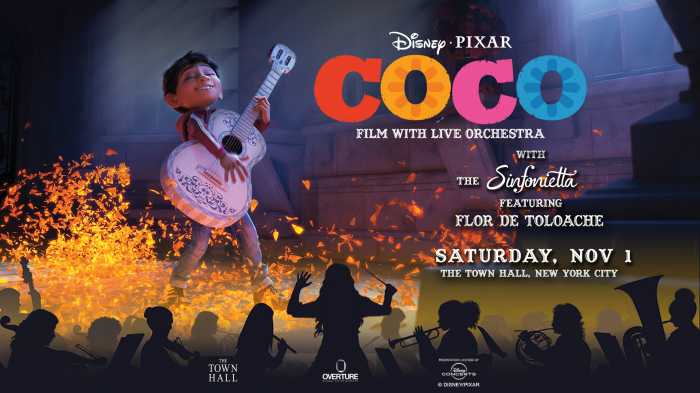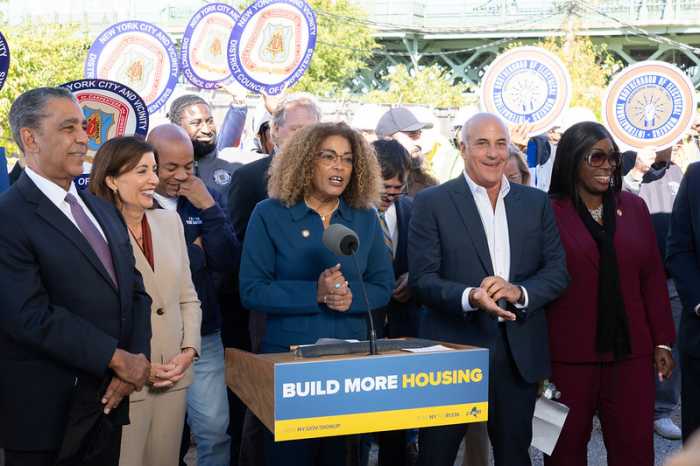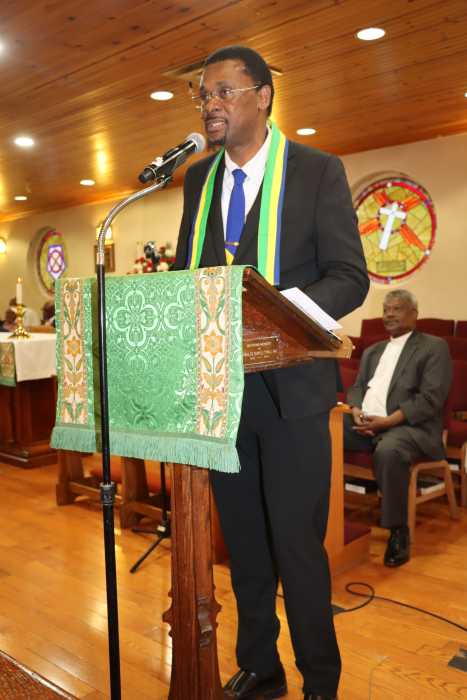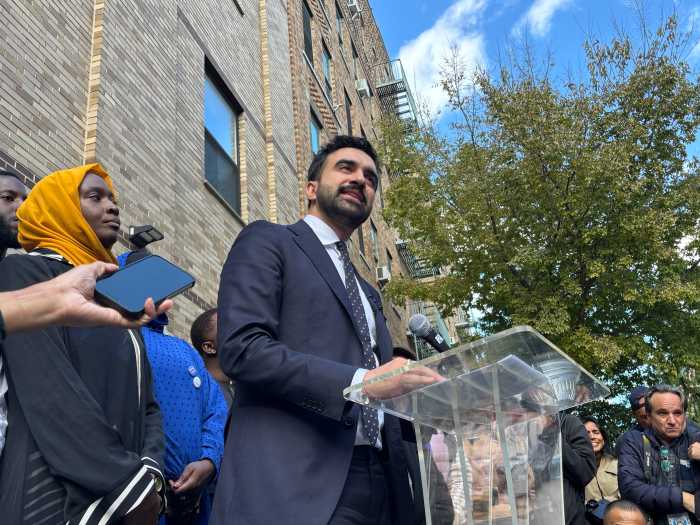BY PAUL SCHINDLER | Super Tuesday provided significant cause for optimism to any American eager to decisively turn the page on the seven unfortunate years this country has endured under George W. Bush's presidency.
In 22 contests from coast to coast, Democrats weighed the merits of two very accomplished candidates and – while clear trends emerged or solidified in the voting – they decided in their varied reactions to Hillary Clinton and Barack Obama that they would like to see the contest play out some more before a nominee is crowned.
That's for the good.
Hunter College political scientist Ken Sherrill, commenting to Gay City News about Tuesday's convergence of primaries and caucuses, observed that this year's early and front-loaded schedule culminating in the February 5 jam-up is no way to run a navy. Polls have been misleading and seemingly wrong over and over this year not because statisticians are not doing their work right, but rather because too much is happening too fast.
“Voters are getting too little information, too late in the game, so attitudes are very fluid,” Sherrill argued. “With little information, each new piece of information has greater impact.” Thus, the volatility of the polls and apparently abrupt shifts in trend lines.
As an example, he pointed to exit poll results from California indicating that voters who made up their minds in the final three days broke for Obama, but that those who waited until the last 24 hours broke for Clinton.
Yet in rendering what was arguably a split verdict on Tuesday, Democratic voters have guaranteed that the race will continue in earnest until at least March 4 when Texas and Ohio vote. Those casting ballots over the next month will have more time to digest and weigh the messages coming from Clinton and Obama and thoughtfully consider their choice.
Despite the failures of the primary schedule design, Sherrill readily acknowledged that the race is nonetheless drawing tremendous interest and enthusiasm and bringing into the process record numbers of voters. But that is happening in spite of the excessively early contests, he said.
It is the high stakes – the intense hunger to move beyond the failed Bush presidency – and the quality of the final two contenders, Sherrill argued, that explain the energetic race.
The Democrats' success in turning out voters contrasts sharply with the rather dispirited Republican nomination fight. Turnout is ho-hum in the GOP, and even as John McCain seemed evermore inevitable going into Tuesday, his two opponents, Mitt Romney and Mike Huckabee, weak as they are, managed to win a dozen contests between them.
With Republicans who have the greatest doubts about Bush's Iraq policy supporting McCain, the leading Senate hawk on that war, some social conservatives terming born-again evangelist Huckabee a liberal, and others embracing former moderate Romney as one of their own, even as still others reject his Mormon faith as a disqualifying factor, GOP voters don't seem to know what they want.
And meanwhile, for better or worse, Clinton and Obama are toughening each other up for the November contest. Sherrill pointed out that both reached the US Senate without having to endure a serious election battle, so experience on the ground facing a tough opponent is no small benefit from a protracted primary fight.
But both Democrats need to keep their eyes on the prize. We have made known our unhappiness with some of the tactics employed by the Clinton campaign to date. Still, the contest has been a more sober affair these past few weeks, and we should all hope that, hard fought as it remains, it also continues on its current civil course.
Barack Obama and Hillary Clinton will no doubt persist in proving a tough choice for many Democratic voters. And that's a good thing. Hopefully by the time Democrats get to Denver this summer they will have a candidate worthy and capable of winning the presidency in November.












